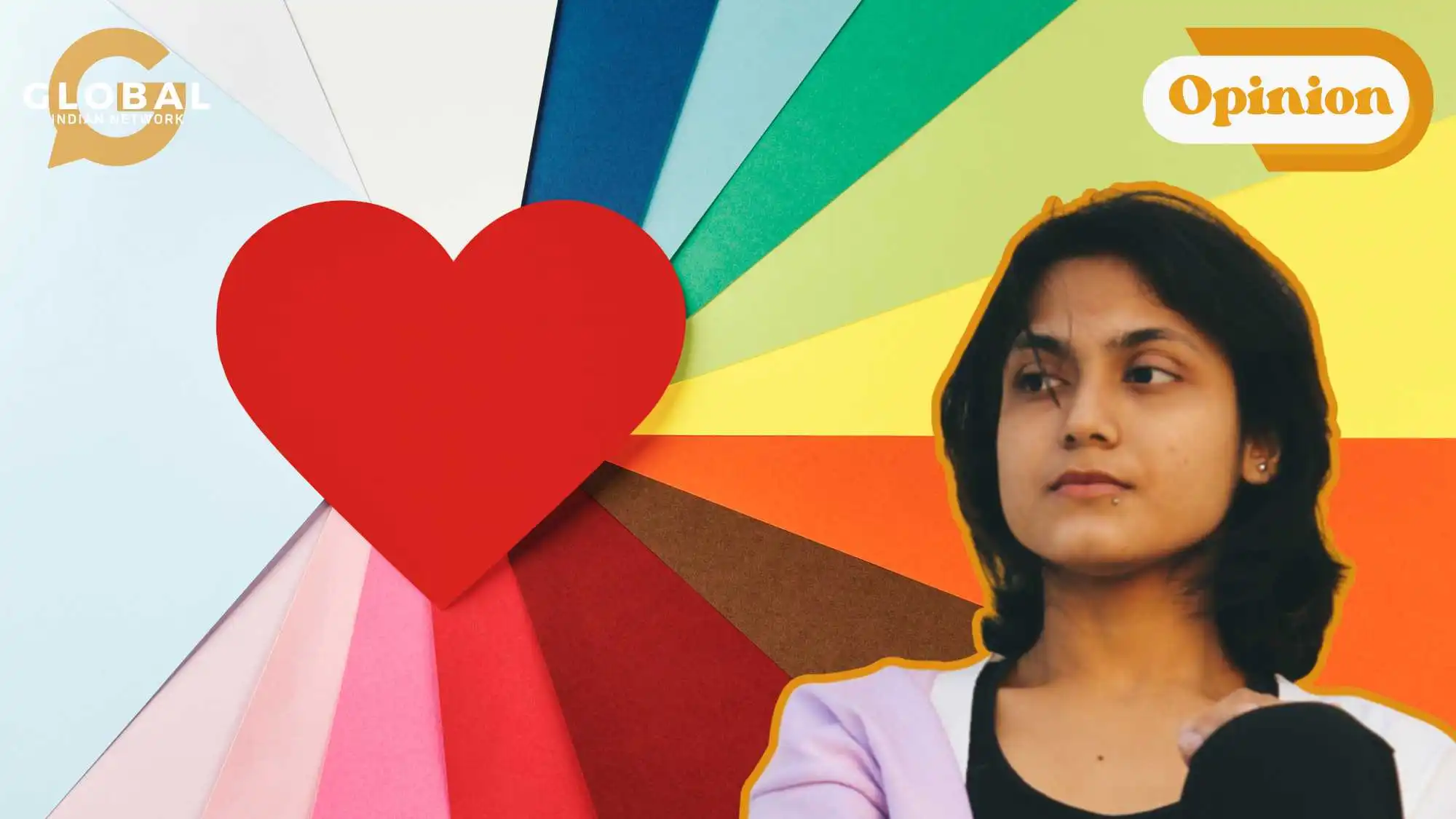The queer community of India took a blow on October 17, following the Supreme Court Verdict on Same-Sex Marriage and rightfully took to various channels to express their rightful disappointment. This session, spanning ten days of hearings, was the first major step in the legal battle for LGBT+ equality since the elimination of Section 377 IPC in 2018, and while some awaited the verdict with optimistic hope, some others were more sceptical.
While the Supreme Court has delegated the task of bringing policy changes to the Parliament and the Centre’s committee, there seems to be sufficient room and time for reconsideration and negotiation of the importance of marriage to the queer community until the next hearing. It is natural for marriage to be considered the next milestone in the fight for queer rights, given the symbolic and material privileges that it grants to heterosexual couples. It is, however, worth asking why the heterosexual union is the only recognised form of partnership qualifying for certain privileges and whether it will serve queer persons in the long run.
What Purpose Does Marriage Serve?
The institution of marriage is built on a patriarchal system that has historically dehumanised women as commodities to be exchanged and bartered for material acquisition or political security. Although it has transformed over the ages and has, in the contemporary era, come to signify romantic partnership, the workings of this apparatus, on a larger global scale, run much deeper than it appears.
America is, perhaps, the best example to demonstrate what marriage in the modern world really stands for and what purpose it serves in the larger picture. The nuclear family, comprised of a married heterosexual couple and their children, has come to be the fundamental unit of society. While decades ago, the domestic household was simply a paternalistic space, gender roles are slowly but surely evolving to make space for more fluidity and flexibility. Despite this, the push for marriage is undeniably a drive inward towards a more individualistic and self-serving cultural mindset, which works unsurprisingly well for a system running on consumerism.
If the dream of ‘settling down’ in a house with a lawn, a car and kids is not a dream but a commodity sold by the state, then the citizens definitely bought into it. Soon after, queer folks began wanting a share in the dream and finally acquired their right to it in June 2015. However, the fight doesn’t end at the acquisition of rights; queer folks want more than to marry; they want safety, visibility and the ability to express their authentic selves without backlash.

Does Marriage Serve Queer People?
Queer relationships are often not as unipotent as heterosexual ones; they are capable of developing in diverse ways based on varied equations of love, respect and companionship. Queer people tend to view their relationships not in a hierarchical manner but as a network in which each supports and empowers the other. The safety of queer spaces and the freedom they allow from social strictures allow platonic and non-romantic, and even polyamorous relationships to develop authentically.
The entry of marriage into queer spaces, while it does offer practical benefits to involved parties, seems, on a closer look, to be imposing a monolithic structure onto dynamic, mutable and evolving relationships. Not only does marriage fail to account for polyamorous relationships, but it also institutionalises a private space which previously thrived by the very virtue of its non-conformity. A system which grants benefits to certain romantic and sexual relationships while withholding them from the rest is inherently discordant with queer identities as a whole.
This is not to say, however, that queer people should not want marriage or marry if they have the option to. Its symbolic value can go a long way in reinstating the dignity, security and livelihoods of historically marginalised queers and, therefore, its benefits must be reaped.
However, at the same time, we must remain awake to the fact that this is simply a stepping stone towards a much larger goal, that marriage is not an end in and of itself, but a launching point for further negotiation into the boundless possibilities of human relationships and connections.
Do you have burning thoughts or opinions? We’d love to hear them! Share your thoughts and ideas in the comments below to get the conversation flowing, or feel free to reach out to us at larra@globalindiannetwork.com.










This stage is fabulous. The magnificent information uncovers the publisher’s excitement. I’m shocked and envision additional such extraordinary presents.
[…] lot of apprehension. Really, I get it. It takes a lot of courage for the parents also to arrange a marriage. Secretly, did they want their daughter or son to find someone on their […]